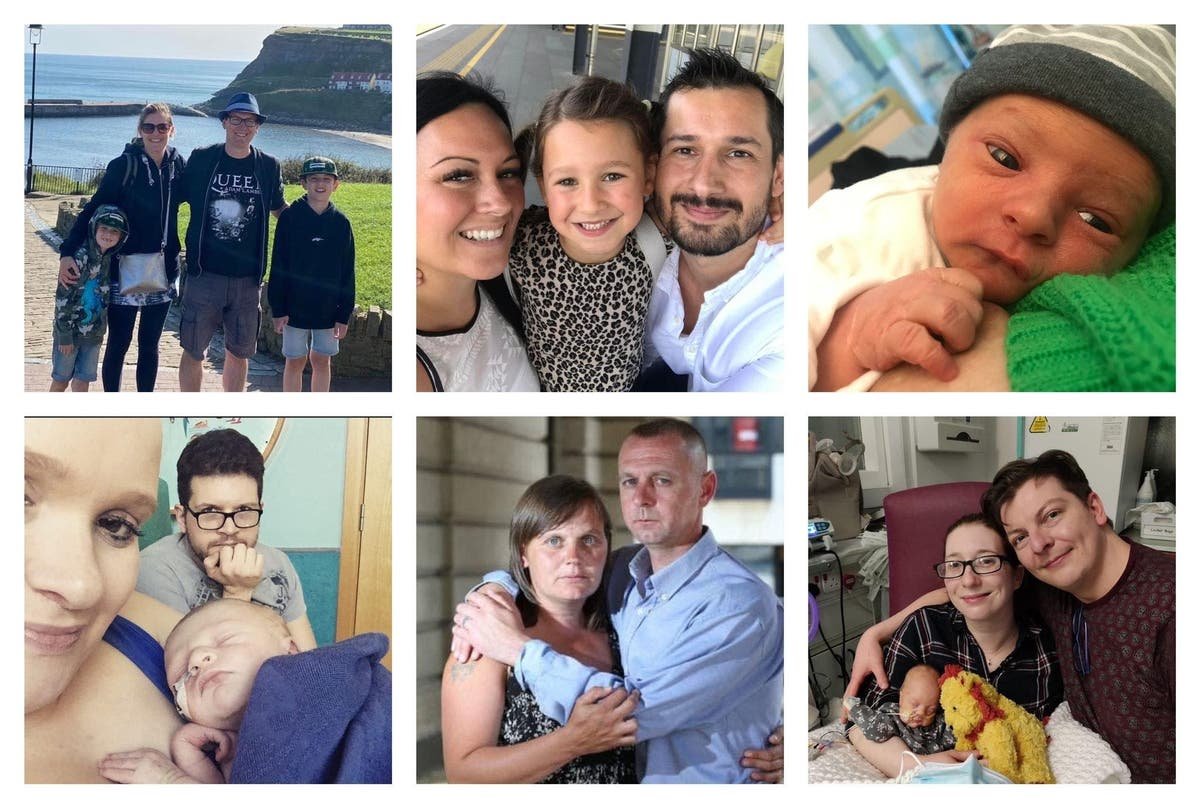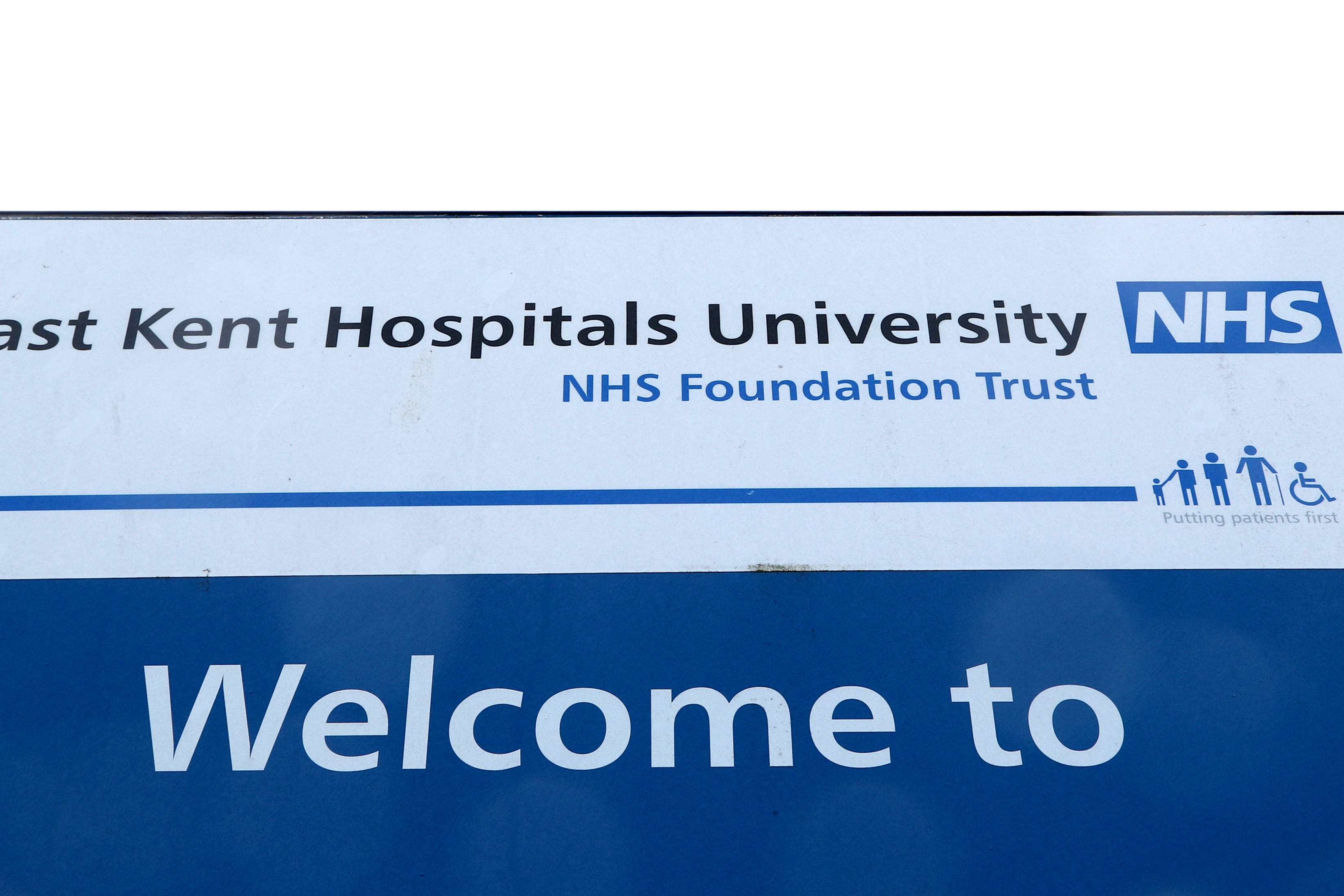
Nearly half of NHS maternity units in England have been rated as inadequate or requiring improvement, according to the findings of inspections by the healthcare watchdog.
At two in three units, safety standards received the same damning verdict.
The findings of a national programme of inspections from August 2022 to December last year have prompted Care Quality Commission (CQC) to warn that safety of maternity care remains a key concern.
Poor-quality care will become “normalised” if action is not taken, the watchdog cautioned, after its report found that many failings identified in recent high-profile investigations into NHS maternity services are more widespread.
Of the 131 units inspected, 48 per cent were rated as “requires improvement” or inadequate. Only 4 per cent were classed as outstanding and 48 per cent were rated as good.
On safety, around one in three units (35 per cent) were rated good, but safety standards at all other units inspected were rated either “requires improvement” (47 per cent) or inadequate (18 per cent).
No services inspected were rated outstanding for safety, while 47 per cent required improvement, 18 per cent were rated inadequate and 35 per cent rated as good.
The CQC also found significant variation in the way trusts operated in areas such as learning from incidents and assessing women at triage to identify any risks.

Health secretary Wes Streeting on Wednesday described the quality of maternity care as one of the biggest issues that kept him awake at night.
He branded the CQC findings a “cause for national shame”, saying: “Women deserve better – childbirth should not be something they fear or look back on with trauma,” he said.
“It is simply unacceptable that nearly half of maternity units the CQC reviewed are delivering substandard care.”
Families have called for a national inquiry into NHS maternity care after several high-profile inquiries, including the Ockenden review of more than 200 baby deaths at the Shrewsbury and Telford Hospital NHS Trust, and the investigation into maternity services in East Kent.
Hundreds of babies and mothers were harmed as a result of care failings by Nottingham University Hospitals NHS Trust between 2006 and 2023.
The report said: “Many of the factors apparent at East Kent and Shrewsbury and Telford are more widespread.”
Incidents are poorly managed and not learnt from, according to the CQC, which called for ringfenced investment in services to tackle shortfalls.
Some NHS estates were described as “not fit for purpose”, lacking the “space and facilities” and, in a few cases, appropriate potentially life-saving equipment.
James Titcombe, whose son died at a Morecambe Bay hospital due to failings, said the report spelled out clearly what families affected by unsafe maternity care have known for a long time – that the high-profile problems identified in major investigations into individual services are not isolated.
“The fact that almost half were rated as ‘requires improvement’ and 18 per cent were found to be ‘inadequate’ for safety is nothing short of scandalous,” he said.
“These statistics have real consequences – every week we read countless examples of lives forever torn apart as a result.”
He called for a national review of maternity care, warning of “more avoidable tragedy and lives forever shattered” without it.
Nicola Wise, CQC director of secondary and specialist care, said: “Although we’ve seen examples of good care and seen hardworking, compassionate staff doing their best, we remain concerned that key issues continue to impact quality and safety.”






